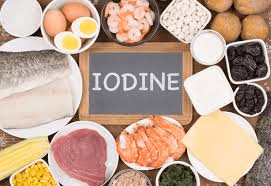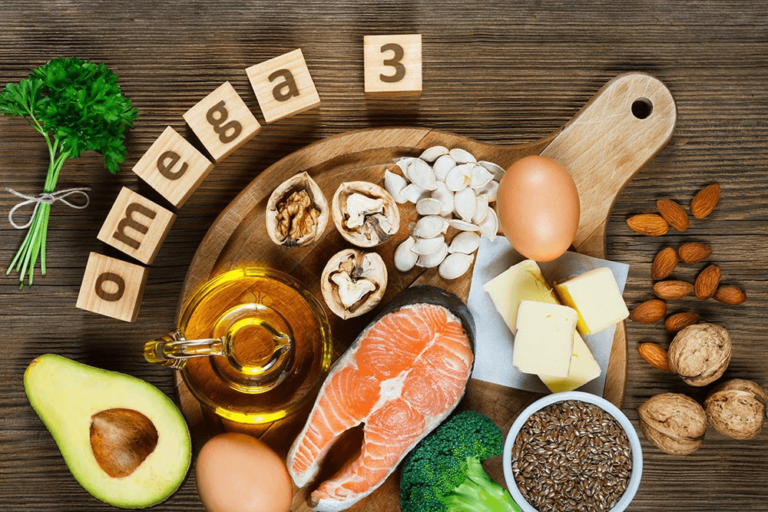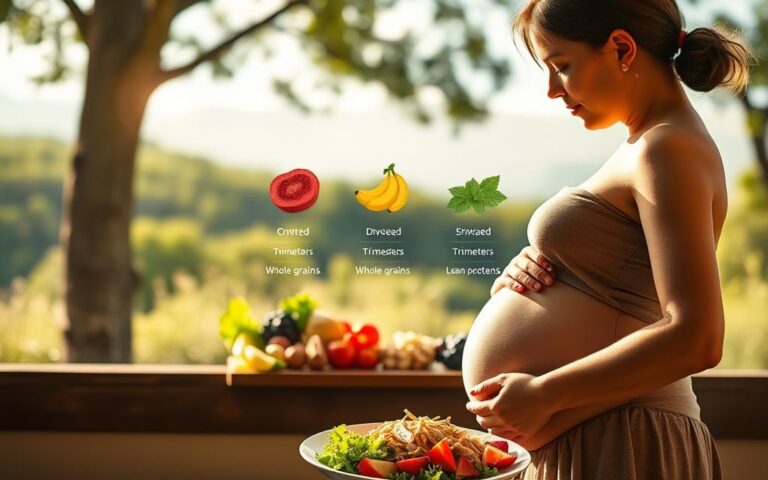Are You Getting Enough Iodine in Your Pregnancy Diet?

During pregnancy, it’s crucial to ensure that both you and your baby receive the necessary nutrients for healthy growth and development. Unfortunately, in our modern diet, this can sometimes be a challenge. Packaged foods often lack essential nutrients, and even some genetically modified produce may have fewer nutrients than their organic counterparts. Recent research has highlighted a growing concern: many pregnant women are not getting enough iodine.
The Importance of Iodine During Pregnancy
A study published in the Journal of the American Medical Association revealed that an increasing number of pregnant women in the United States are iodine deficient. This deficiency can lead to low levels of thyroid hormones in the mother, which is critical for regulating metabolism. More alarmingly, insufficient iodine can cause brain development disorders in the baby.
Why Are We Not Getting Enough Iodine?
Iodine is an essential nutrient that the body cannot produce on its own. Therefore, it must be obtained from dietary sources. Key sources of iodine include dairy products, seafood, and bread. However, changes in dietary habits and food processing have led to decreased iodine intake.
Also read: The Importance Of Folic Acid When Trying To Conceive And During Pregnancy
Recommendations for Iodine Intake
The research suggests that prenatal vitamins should include potassium iodide, a stable form of iodine that is 76% iodine. Despite this recommendation, only about 20% of prenatal vitamins currently available contain potassium iodide.
Steps You Can Take
- Incorporate Iodine-Rich Foods: Ensure your diet includes adequate amounts of dairy products, seafood, and bread. Be cautious with seafood, as some types are high in mercury. Safe options include whitefish, catfish, flounder, herring, perch, salmon, shrimp, tilapia, and trout. Limit consumption to two 6 oz. servings per week.
- Consult Your Doctor: Discuss your iodine intake with your healthcare provider. They can perform simple lab tests to determine if you are iodine deficient. If necessary, your doctor may recommend switching to a prenatal vitamin that contains potassium iodide.
Ensuring sufficient iodine intake during pregnancy is vital for your health and your baby’s development. By being mindful of your diet and consulting with your healthcare provider, you can address this crucial nutritional need effectively.
Also read: Why You May Be Gaining Weight During Pregnancy Despite Not Eating A Lot






